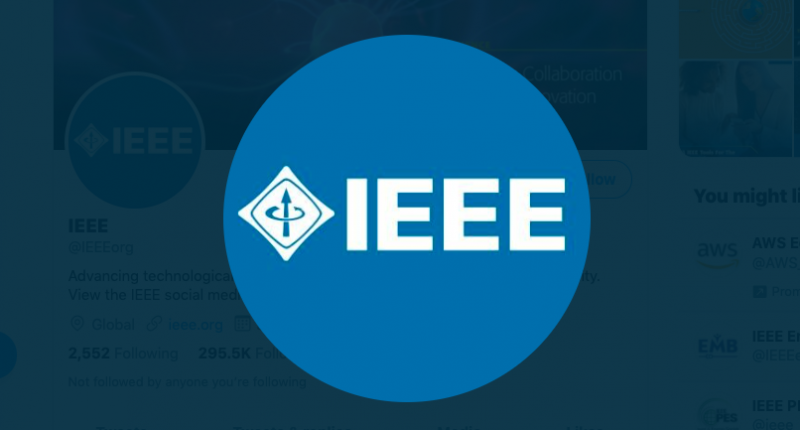With the pandemic bringing a paradigm shift in the way we work, IEEE curated a roundtable to discuss the tenets of cybersecurity and how it will be an important aspect for individuals and businesses to establish a strong IT foundation in these rapidly changing environments.
During the roundtable, Senior IEEE Member and Founder, Congruent Services, Aiyappan Pillai said industry and society at large have embraced digital as a key enabler across all facets and domains of activity.
“The boundaries of the “digital estate” have become variable. As critical digital resources are not confined to a physical location, new policies, protocols and technologies are required to ensure cybersecurity,” said Aiyappan Pillai.
In a recent survey of Chief Information Officers (CIOs) and Chief Technology Officers (CTOs) in the US, UK, China, India and Brazil, the top two concerns for CIOs and CTOs when it comes to the cybersecurity of their organization are security issues related to the mobile workforce, including employees bringing their own devices to work (37%).
Aiyappan Pillai said adopting a zero-trust security architecture could help manage cybersecurity incidents by the reduction in the attack surface.
“This multi-layer approach would entail new security protocols that every digital citizen should embrace, even if slightly inconvenient. The new challenges throw up many opportunities in cybersecurity. It is a mainstream requirement of any organization and hence the need for cybersecurity professionals is expected to grow,” he added.
Though cloud and internet are core infrastructure prone to DDoS attacks, there is greater focus on cybersecurity by service providers due to mission criticality. Vulnerabilities due to human beings – both inadvertent and intentional – are more challenging to defend.
While installation of reputed anti-malware/ anti-virus / anti-ransomware software on end devices is essential, it is equally important to raise the awareness of each digital citizen on cybersecure practices.
Commenting on the same, Senior IEEE Member Bala Peddigari said digital technologies convergence has transformed the customer experience and opened many vulnerabilities for industries to look and face upon.
“Today, we see organization of every shape and size significantly invest in cybersecurity, keeping time as a major essence. As the organisation are working in remote manner due to current pandemic situation across the globe, elimination of perimeter, AI, multitude of technologies, modern workplace, lack of security awareness and reactive methods are some of the key factors influencing the cyber risk landscape,” he said.
The pandemic has demonstrated the power of digital enablement and people are embracing it at different levels. As the issues of cybersecurity have been accentuated during the pandemic, there is an awareness regarding the need to secure data as well as system integrity.
It is expected that the Healthcare & BFSI industries will give extreme importance to cybersecurity, as they go digital in a big way.
The IEEE members underlined the need to invest in cybersecurity measures for a better, connected future and Zero Trust will be of utmost importance to take industries to greater heights.
IEEE is the world’s largest technical professional organization dedicated to advancing technology for the benefit of humanity.
Through its highly cited publications, conferences, technology standards, and professional and educational activities, IEEE is the trusted voice in a wide variety of areas ranging from aerospace systems, computers, and telecommunications to biomedical engineering, electric power, and consumer electronics.










Comments are closed.